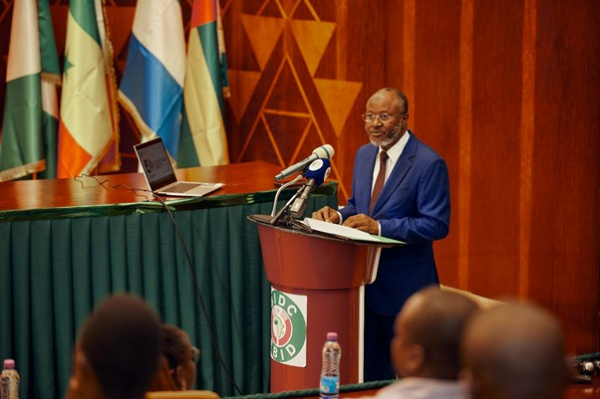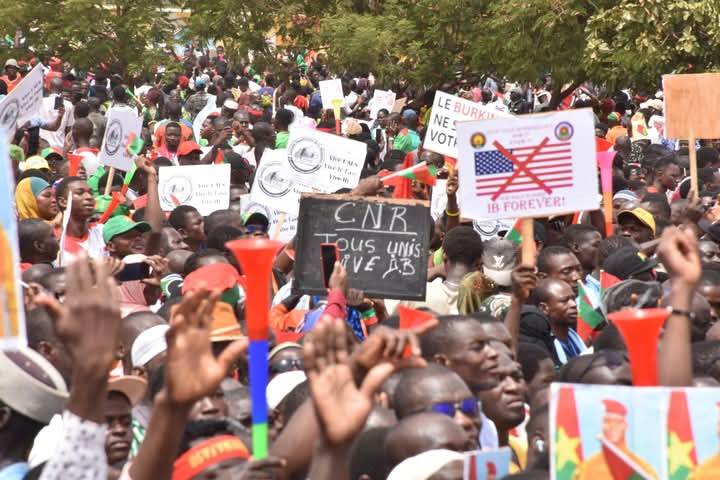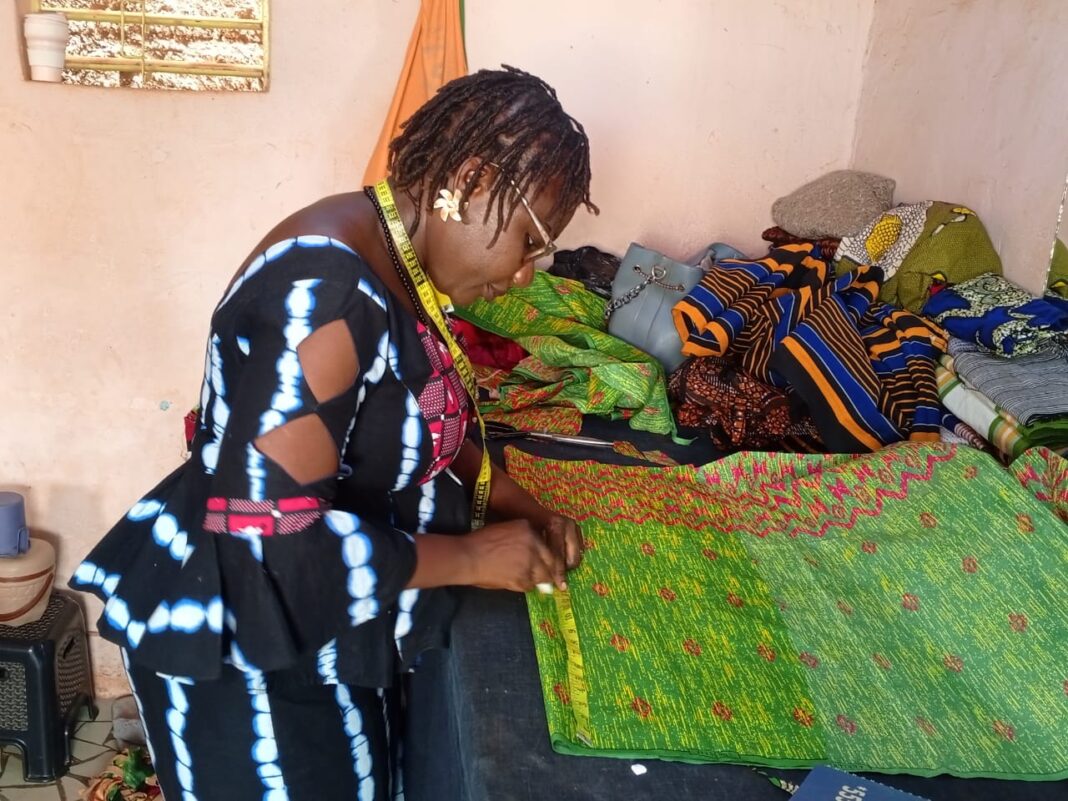Lomé, Togo – The ECOWAS Bank for Investment and Development (EBID) marked a key moment on Tuesday, May 27, in Lomé, celebrating the 50th anniversary of the sub-regional organization. The event, held at the financial institution’s headquarters, brought together EBID leaders and a wide array of stakeholders from the public, private, financial, and entrepreneurial sectors.
This celebration served as a platform for ECOWAS’s financial arm to reaffirm its mission and vision, present its partnerships, and, most importantly, highlight its contribution to community development. Moctar Coulibaly, Secretary-General of the institution and representative of President George Agyekum Donkor, recalled ECOWAS’s evolution from a “regional trade bloc to a formidable force for regional economic growth.” He also emphasized EBID’s commitment to financing infrastructure and supporting the private sector in vital areas such as energy, health, agriculture, education, and transport within member states.
The Private Sector, Key to West African Development
Mr. Coulibaly stressed the essential role of the private sector in regional development. Faced with an infrastructure deficit estimated at approximately $3 billion USD per year by the ECOWAS Project Preparation and Development Unit (PPDU), it’s clear that public resources alone are insufficient, especially in the current global economic climate.
“While public institutions lay the foundations, the role of the private sector in development cannot be underestimated,” he stated, highlighting the emergence of Public-Private Partnerships (PPPs) as effective mechanisms for mobilizing resources, sharing risks, and providing essential services.
A Call to Action for a Stronger Future
For EBID, this golden jubilee is more than just a commemoration; it represents a vibrant call to action. The institution urges a strengthening of regional institutions, a promotion of policy harmonization, and increased investment in human capital.
The celebrations, officially launched on May 22 in Accra, Ghana, will continue across the various member states, marking an ongoing step in the commitment of ECOWAS and its financial institutions toward regional prosperity.



